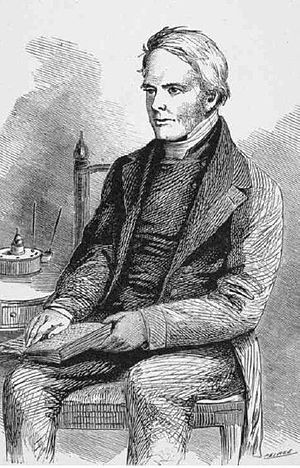Very interesting interview on NPR with Barna Research’s David Kinnaman on why so many young people are dropping out of the institutional Church. Give a listen!
Here are a few paragraphs from the interview:
MARTIN: What are the young people telling you about? Whether they’re taking a break, a temporary break or dropping out altogether, what are they telling you about why?
KINNAMEN: What we really boil it down to – you know, each person that we interviewed had very specific experiences and challenges and the church was, in some way, inadequate in their mind to that. And yet, when we looked at it from a broad perspective, the way I would conclude this is that we’re living in a more complicated age, more complicated questions about marriage and the diversity of this generation, the technology used in social media
And, in a nutshell, what we learned is that churches aren’t really giving them an answer to these complicated questions that they’re facing, these lifestyle issues and challenges that they’re facing. And it’s not really a deep or thoughtful or challenging response that most churches are providing to them.
MARTIN:
And are you finding this phenomenon across what people consider liberal and conservative churches or do you find it concentrated in one side or the other?KINNAMEN: Well, one of the
surprises for me was I figured that we would see some differences between young Catholics, for instance, and young Protestants and young mainline versus young evangelicals. But I think the overriding theme was that this generation, in so many ways, is post-institutional, regardless of their traditions. So many similarities in their reasons and their reactions to the church and to Christianity.Some of the things that were different was I think many churches that deal well with complexity didn’t give a sufficient amount of conviction or commitment required of the young people that they work with. And then,
conversely, those that had a strong degree of commitment and sort of emotional connection with the church didn’t deal well with the complexity. So it was sort of a double-edged sword for many of these churches.
Much of this is coming from this much viewed recent YouTube video:
Here are a some additional information –
- Six Reasons Young Christians Leave Church (The Barna Group)
- Five Myths about Young Adult Church Dropouts (The Barna Group)









